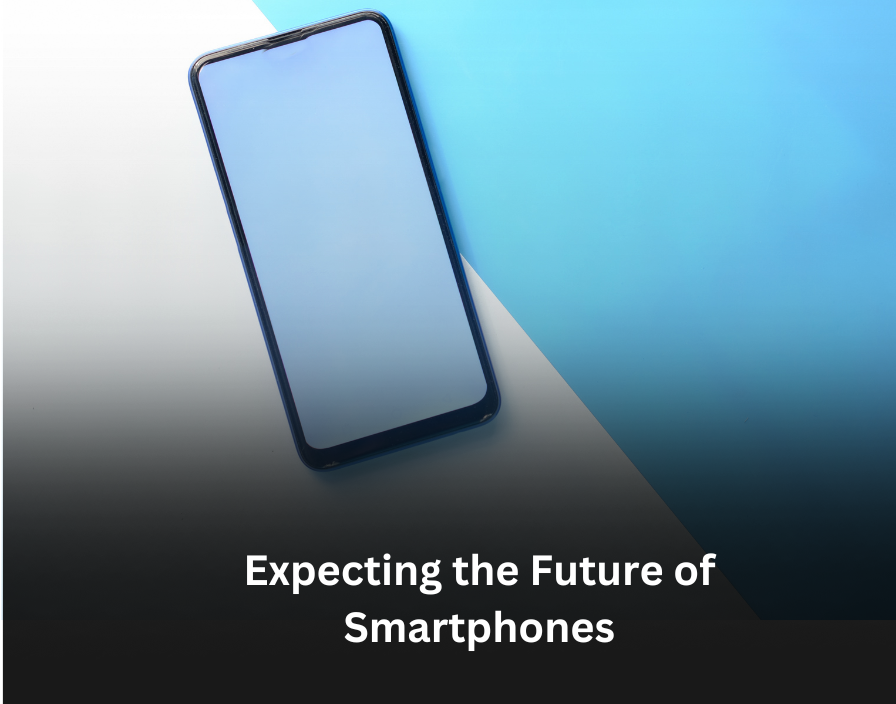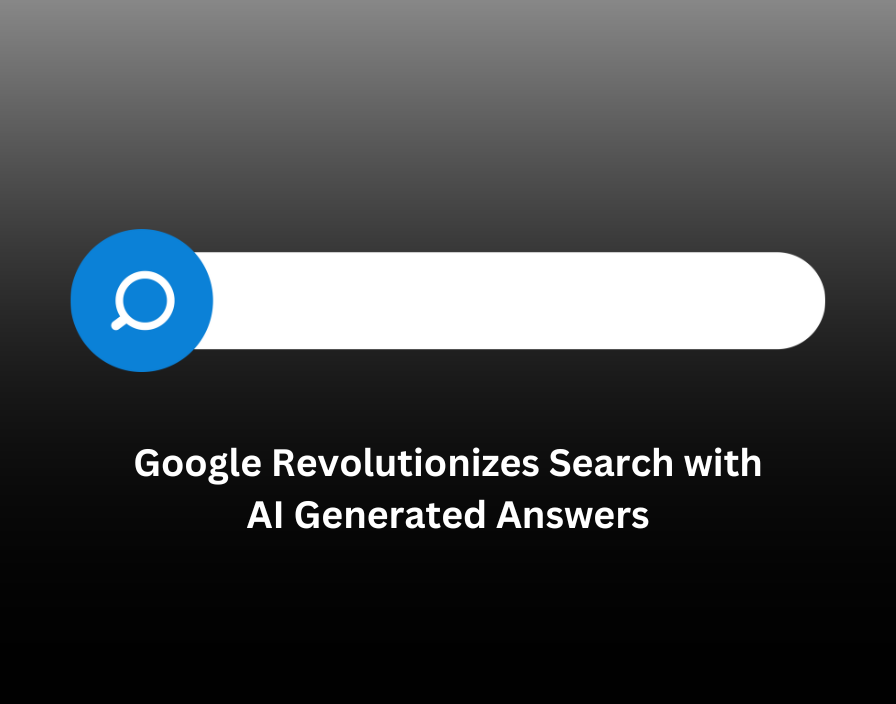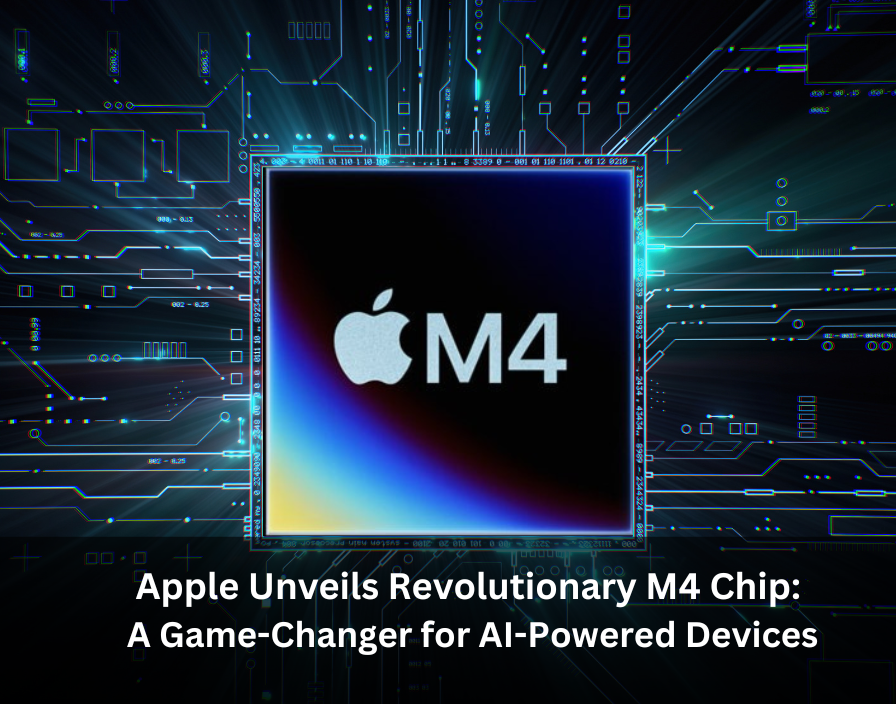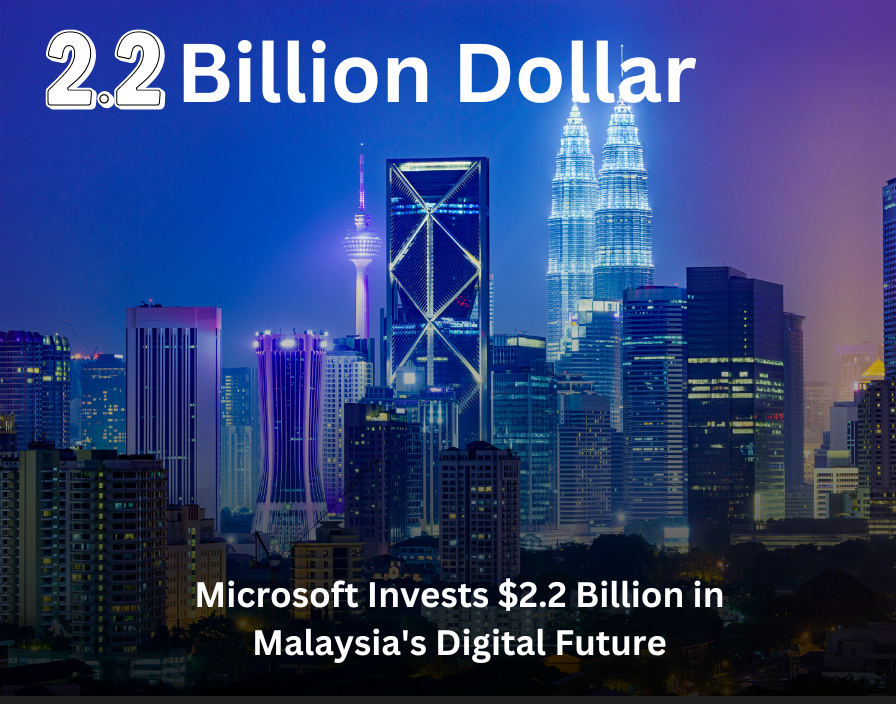The Power of 5G Connectivity
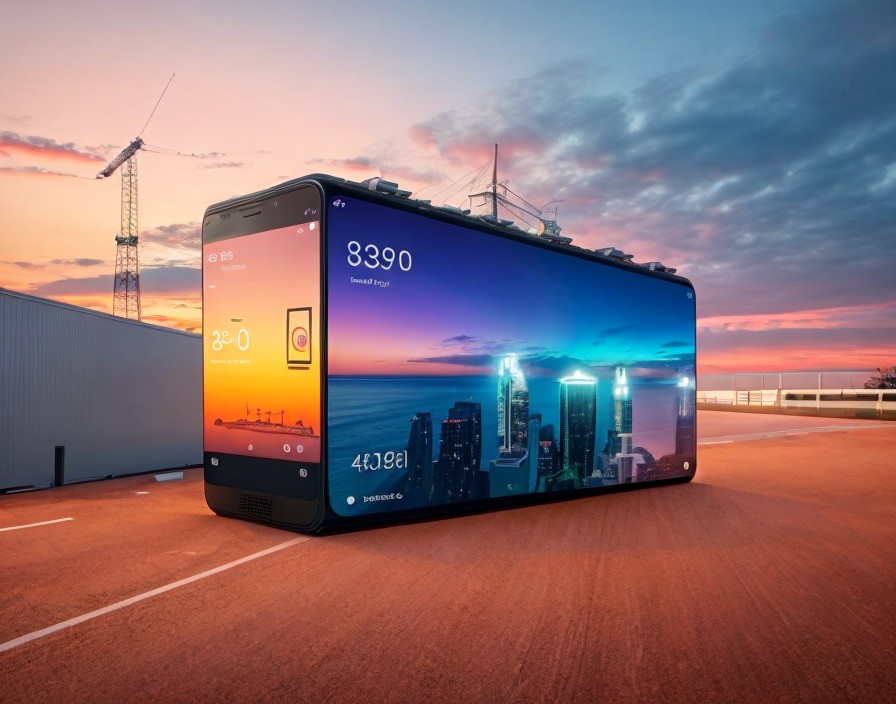
Introduction:
In the era of rapid technological advancements, 5G connectivity has emerged as a game-changer, promising to revolutionize the way we live, work, and interact. With its remarkable speed, capacity, and low latency, 5G is paving the way for a new wave of transformative applications across various industries. In this blog, we will explore the potential of 5G connectivity and delve into its diverse applications that are set to reshape our world.
Enhanced Mobile Broadband (eMBB):
At the core of 5G lies enhanced mobile broadband, which offers lightning-fast data speeds and seamless connectivity. With download speeds reaching up to 10 gigabits per second (Gbps), users can enjoy immersive virtual reality experiences, stream 4K and even 8K videos without buffering, and effortlessly download large files on their mobile devices. This advancement in mobile broadband opens up new opportunities for media consumption, gaming, and entertainment.
Internet of Things (IoT) and Smart Cities:
5G's low latency and massive device connectivity make it an ideal solution for powering the Internet of Things (IoT) ecosystem. With billions of connected devices, ranging from sensors and wearables to smart appliances and autonomous vehicles, 5G enables seamless communication and data exchange in real-time. This connectivity forms the foundation of smart cities, where intelligent infrastructure systems optimize energy consumption, enhance public safety, and improve transportation efficiency.
Industry 4.0 and Manufacturing:
The manufacturing industry stands to benefit immensely from the deployment of 5G connectivity. With its ultra-low latency, high reliability, and capacity to connect a vast number of devices simultaneously, 5G enables the realization of Industry 4.0. Smart factories equipped with 5G networks can leverage real-time data analytics, machine learning, and robotics to enhance productivity, optimize supply chains, and enable predictive maintenance, leading to increased efficiency and reduced costs.
Healthcare and Telemedicine:
5G has the potential to revolutionize the healthcare sector by enabling high-quality telemedicine services. With its low latency, doctors can remotely perform surgeries through robotic systems, providing access to specialized medical expertise in regions with limited resources. Additionally, 5G enables the seamless transmission of medical data, such as high-resolution images and patient records, facilitating accurate diagnoses, remote monitoring, and personalized patient care.
Autonomous Vehicles and Transportation:
The advent of 5G is propelling the development and deployment of autonomous vehicles. With its ultra-fast speeds and low latency, 5G enables real-time communication between vehicles, traffic infrastructure, and pedestrians, enhancing road safety and traffic management. Furthermore, 5G-powered transportation systems facilitate the emergence of shared mobility services, intelligent traffic routing, and vehicle-to-everything (V2X) communication, leading to reduced congestion and more efficient transportation networks.
As 5G connectivity continues to expand its reach, its transformative applications are poised to reshape our world. From enhanced mobile broadband experiences to IoT-powered smart cities, from advanced healthcare services to the automation of industries, and from autonomous vehicles to optimized transportation networks, the potential of 5G is vast and promising. As we embrace this new era of connectivity, it is crucial to ensure that the infrastructure, regulations, and security measures align with the exponential growth of 5G applications, unlocking its full potential for the benefit of society as a whole.
